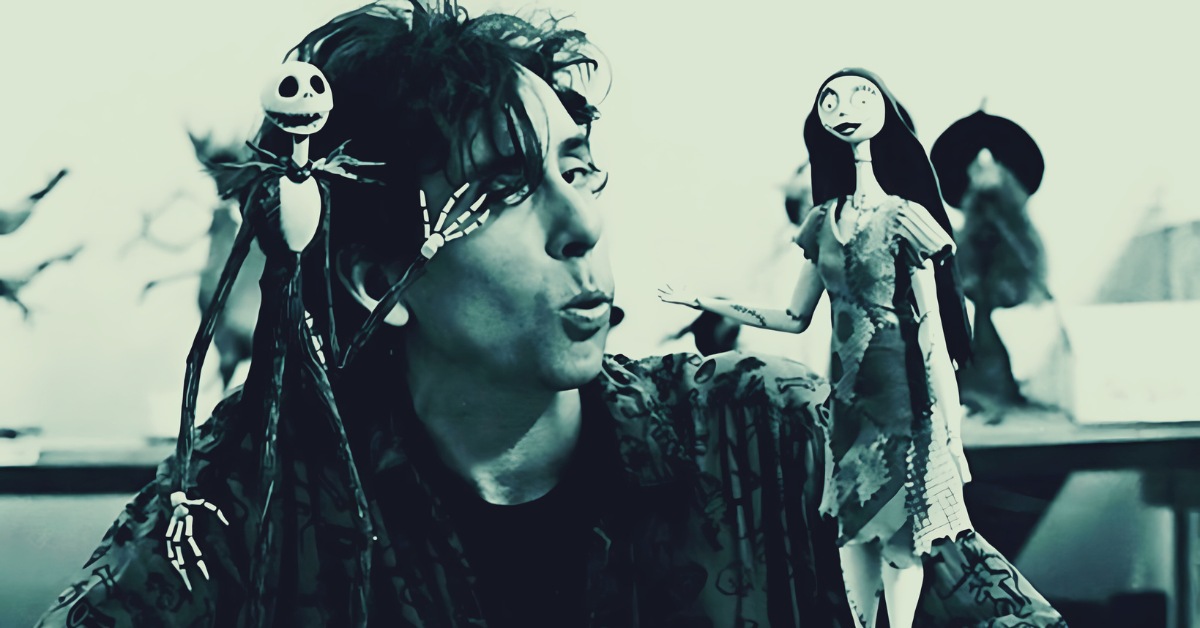I love Tim Burton movies, and I’m sure you will love them too. But I also love reading, and sometimes I’ve tried to find books that are like Tim Burton’s films. In other words, works of fiction that somehow manage to capture the same mood and tropes that the director uses so well.
Yes, sure, Tim Burton is all about images and aesthetics. He’s actually famous for not reading books, but watching movies instead. However, there is definitely some vibe in Burton’s films that feel quite literary, gothic, Kafkaesque, whatever. So for the fans of Tim Burton out there, I have tried to create a list of books that I think produce the same feeling their movies transmit.
Tim Burton, born August 25, 1958, in Burbank, California, is a renowned American director, producer, writer, and animator. Known for his unique gothic and quirky style, Burton has created numerous critically acclaimed films. He studied at the California Institute of the Arts and started his career at Disney. Burton has received multiple awards and nominations throughout his career, including an Emmy and a Golden Globe.
List of Films by Tim Burton:
- Pee-wee’s Big Adventure (1985)
- Beetlejuice (1988)
- Batman (1989)
- Edward Scissorhands (1990)
- Batman Returns (1992)
- Ed Wood (1994)
- Mars Attacks! (1996)
- Sleepy Hollow (1999)
- Planet of the Apes (2001)
- Big Fish (2003)
- Charlie and the Chocolate Factory (2005)
- Corpse Bride (2005)
- Sweeney Todd: The Demon Barber of Fleet Street (2007)
- Alice in Wonderland (2010)
- Dark Shadows (2012)
- Frankenweenie (2012)
- Big Eyes (2014)
- Miss Peregrine’s Home for Peculiar Children (2016)
- Dumbo (2019)
I’m not going to state the obvious ones, the novels he had already adapted into films. So don’t expect Miss Peregrine’s Home for Peculiar Children, Big Fish, The Snow Queen, or Alice in Wonderland to appear on this list.
The Melancholy Death of Oyster Boy & Other Stories, by Tim Burton
And still, the first item is quite an obvious one. This piece is written by Burton himself, a collection of poetries and drawings. All the characters are hybrid children, like Junk Girl or Melonhead, or they have other unusual characteristics. Most of the poems are nonsensical and weird, which is how we like things here.
The Graveyard Book, by Neil Gaiman
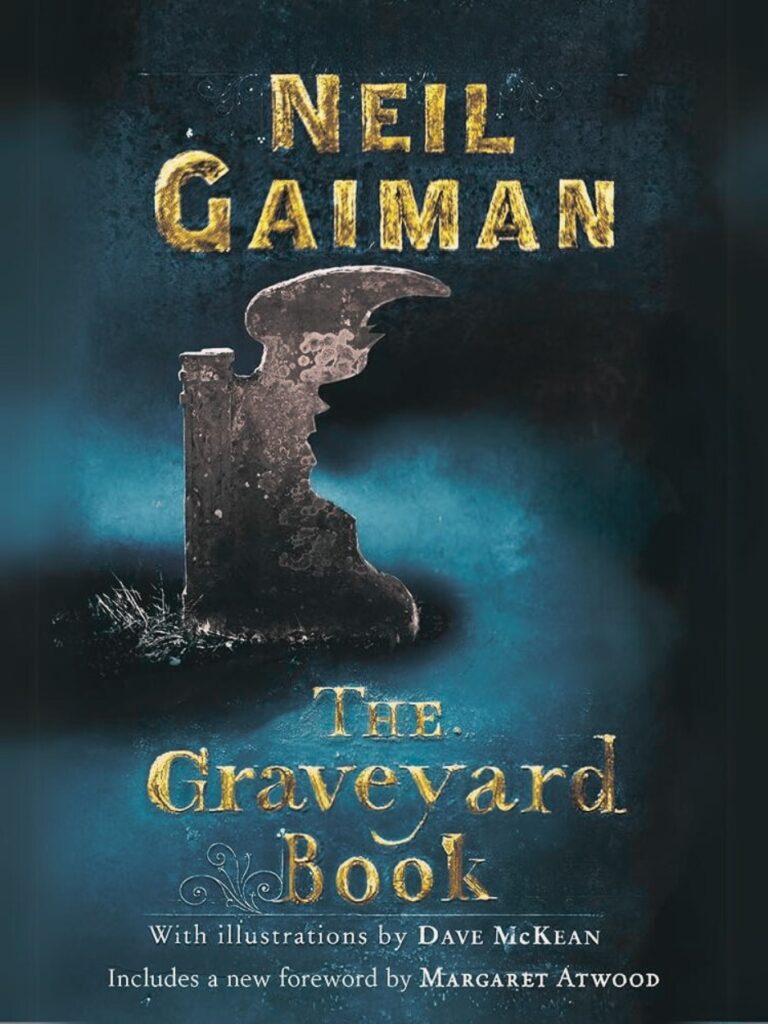
Or Coraline. Or The Ocean at the End of the Lane. Several of the Neil Gaiman books —especially the ones intended for younger audiences— seem particularly appropriate for a Tim Burton fan. They depict alternate realities, talking animals, vampires or werewolves, cemeteries, and magic. As it happens with Tim Burton, Neil Gaiman sides with the monster, and, in the end, not everything is as it seems.
The Witches, by Roald Dahl
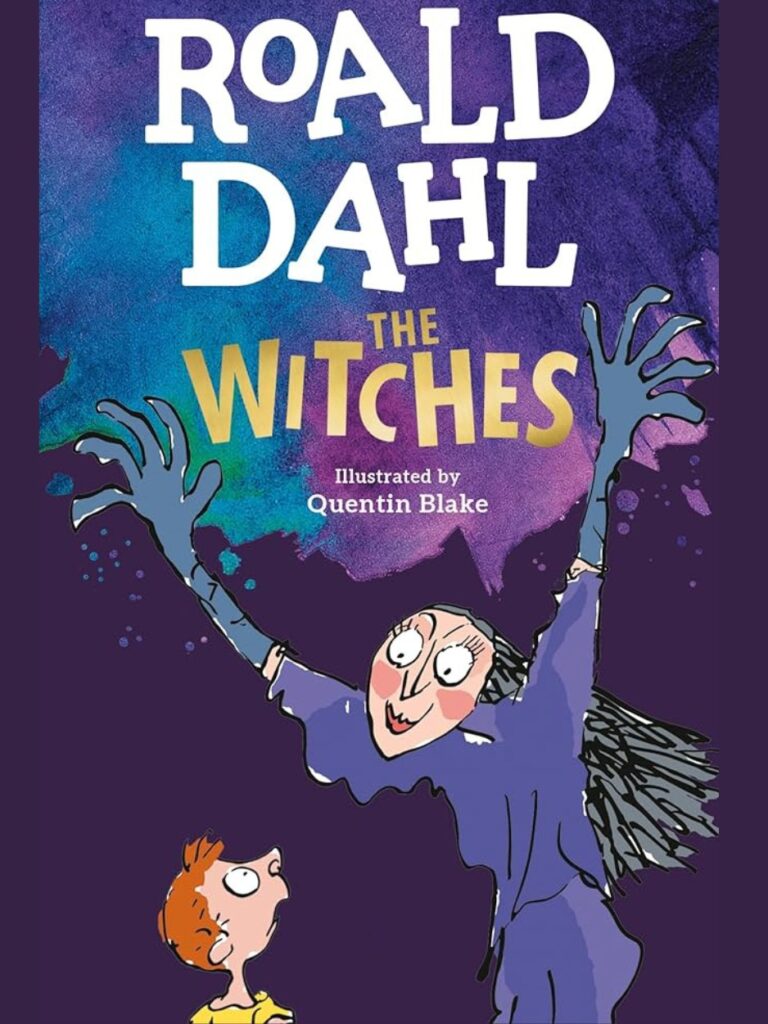
It’s one of the best children’s books out there, in my humble opinion. Tim Burton went on to adapt another beloved Roald Dahl novel: Charlie and the Chocolate Factory. The result is quite good, but I still wonder what the director’s take on The Witches would look like. At least we still have the 1990’s film version from Nicolas Roeg, which, after all these years, I still find pretty enjoyable.
A Series of Unfortunate Events, by Lemony Snicket
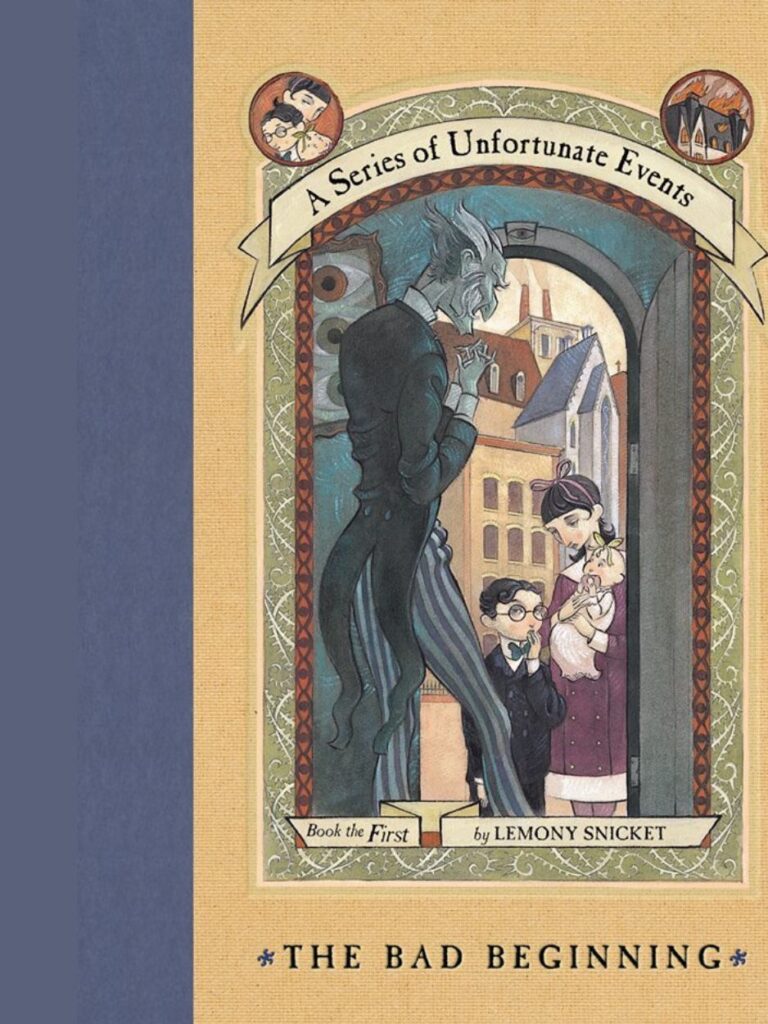
This is the saddest story about orphans out there (and there are some serious contenders in this category). The world described by Lemony Snicket is gloomy, full of literary references, and absurd and ridiculous situations. The resemblance with Burton’s masterpieces is not surprising, as Daniel Handler (the man behind Snicket) created his pen name while thinking about giving shape to a character not so different from those you can find in an Edward Gorey illustration, who was one of the most important influences of the director.
The Lundenwich Society: Scheele’s Green Ghosts, by Terry Graves
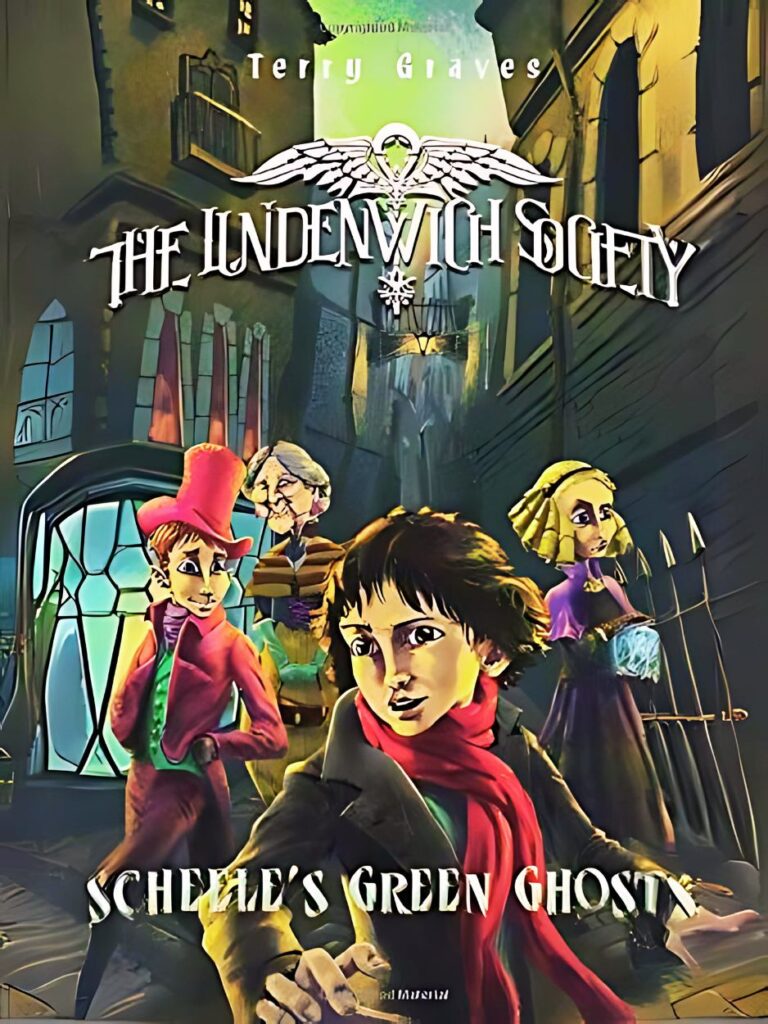
Yes, I think the Lundenwich Society saga would appeal to Tim Burton fans. It has ghosts, miserable orphans, steampunk machinery and some humour too, not to say a 19th Century setting quite similar to the one that you can find in The Corpse Bride or even Sleepy Hollow. And if you look at Mr. Jav Doodles gorgeous illustrations you may find some of Burton on them, particularly in the setting and the way the buildings of Lundenwich cram together, following German Expressionism.
The Night Circus, by Erin Morgenstern
As is the case with The Lundenwich Society, Morgenstern’s story is also set in a sort of alternate London. Circus stories and carnivals are one of Tim Burton’s best-known trademarks. There is also plenty of magic in action in the book, which has been compared with Harry Potter, Neil Gaiman or Jonathan Strange & Mr Norrell by Susana Clarke. It is, to the best of my understanding, an example of gaslamp fantasy in its own right.
The Book of Lost Things, by John Connolly
This novel takes a fresh look at fairy tales and has a coming-of-age story. The way it’s written could become a fantastic script for a Tim Burton feature in the future. The story begins in London during the Second World War, so some elements are shared with Miss Peregrine’s Home for Peculiar Children as well.
Flowers in the Attic, by V. C. Andrews
Four children are forced to seclusion in an attic so his mother can claim a fortune. This novel is not an easy read, but it is definitely one that would be nice to see through a ‘Timburtonesque’ lens. There’s lots of fantasy and imagination that make us think immediately in other movies of the director, in particular Big Fish.
Something Wicked This Way Comes, by Ray Bradbury
Bradbury’s poetic language is perhaps not the best fit for Burton, but the story definitely is. Jim Nightshade and William Halloway, apart from having the coolest names in the world, have to face a nightmarish traveling carnival that is coming to their city. The novel depicts many picturesque characters, such as magicians, skeleton-like creatures, dwarves, and witches. It is beautifully written, and I recommend you give it an opportunity.
So that’s it. There are nine suggestions for all Burtonians out there and nine books that are like Tim Burton films.
But “nine” is certainly a strange number of elements for any kind of list. We should round them up to ten, don’t you think? I’m sure you have your own suggestions. So why don’t you propose an extra book in the comments? I would really love to hear what you think, and I’m always eager to discover new novels!
